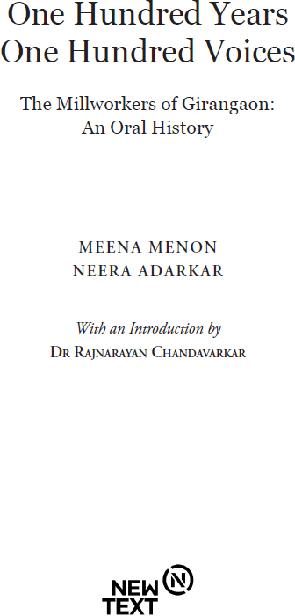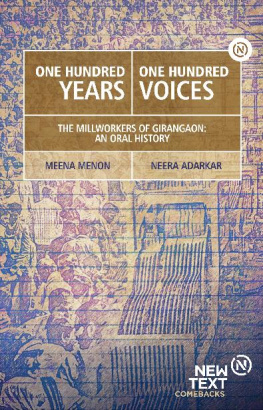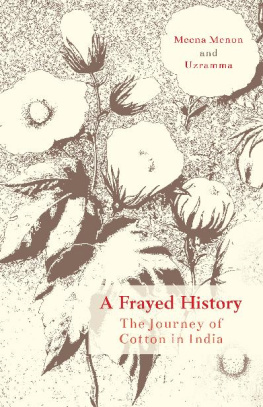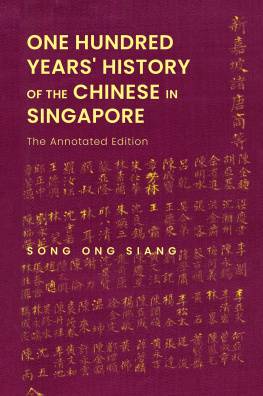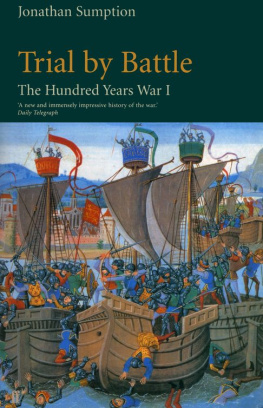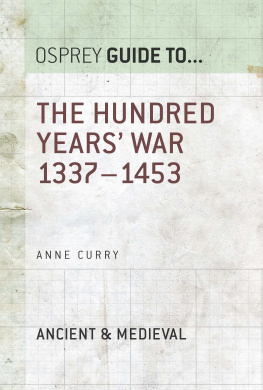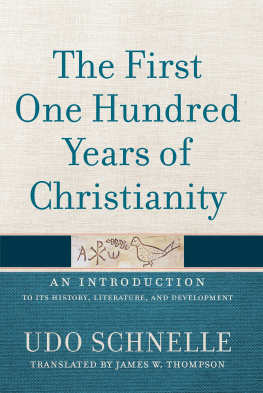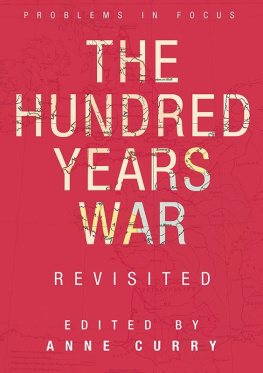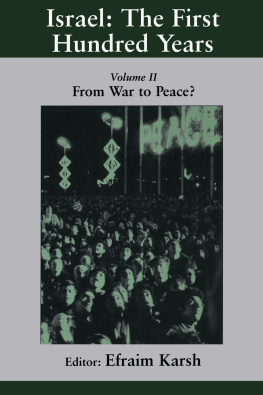To
Mumbais cotton millworkers ...
past and present
Reviews
Thanks to Neera Adarkar and Meena Menon, the memories of a glorious and turbulent past will not be erased even as the physical structures are brought down. The authors have chosen to do this in a most effective way, through the words of the men and women who inhabited that past but who have been given no place in its future... the authors have revealed the enormous divergence between official histories and peoples memories.... Adarkar and Menons book makes an important contribution... Kalpana Sharma, The Hindu Literary Review
Oral history has come into its own in India. In this superbly crafted book based on the testimonies of the textile mill workers of Mumbai.... It is a book which brings together scholarship and the struggle for justice.... A book which shows us just how extraordinary are the lives that ordinary people live. Miriam Dossal, Economic and Political Weekly
(It) takes no sides, offers no solutions. It simply lays before us, through the multiple voices of mill-workers, trade unionists, party activists, artists, shahirs and theatre workers, the composite culture, the struggle for survival, the social relations, militancy, hardships and hopes of mill-workers, ending in the final shattering of their world with the indefinite textile strike of 1982.... The testimonies are always spirited, never simply nostalgic.
Shanta Gokhale, Mid-Day
This book is an inspiring testimony to what can be achieved by the working class of a developing country in the face of repression from capitalists, right wing thugs and the state. It is a remarkable oral history and political narrative of over 150 years of labour history in Mumbai.... The authors have added a commentary to the interviews to create a narrative that is both huge in scope and very detailed.... One of the great strengths of the book is that it draws out at every stage the contribution of women mill workers and activists to the struggles. Esme Choonara, International Socialism Journal
...the authors have talked to one hundred people of Girangaon and recorded their testimonies. This according to the distinguished labour historian and writer of the introduction of this book Professor Rajnarayan Chandavarkar is a powerful contribution.... Meena Menon and Neera Adarkar have, in their effort to reclaim their city, successfully brought forward a perspective which needs to be carefully looked into, if we don't want to lose the battle for our cities. Asad Jamal, Socialist Worker, UK
Ultimately, the value of One Hundred Years lies in its oral historical approach. It allows the reader to trace different trajectories through the wealth of material.... It may be appropriate to describe the methodology as a post-modern historiographical approach in that it simultaneously requires the reader to create the fabric from the various strands, even while it resists, and even denies, the possibility of any monolithic institutional hold on the history of Mumbai's textile mills and that of its people. Sanjay Iyer, InfoChange
...a new book on the history of the mills of Central Mumbai...told by ordinary people resurrects an area that was once the very heart of the city and grants a community once in the thick of social and political change its rightful place in the citys history.... Vaishnavi Sekar, Times of India
Amidst the shopping malls and residential complexes lies a forgotten era. A culturally and politically active mill neighbourhood now lost forever. It was natural for Meena Menon and Neera Adarkar who have been working for the cause of mill workers to chronicle Girangaons history and its contribution to Mumbai. Smita Deshmukh, Bombay Times
How would you react if you learnt that the airconditioned plush environs of Phoenix Mills where you chill out was once the paddy field where Netaji Subhash Chandra Bose zealously addressed mill workers in 1933? Or that firebrand Bal Thakeray had organised the first meeting of the Shiv Sena in 1966 behind the ornate ITC Grand Maratha Hotel? Scores of such examples of history being buried by the consumerist, yuppie, apolitical people with purchasing power is what led Neera Adarkar and Meena Menon to write One Hundred Years ... Archana Jaykumar, Asian Age
It is a landmark book that effortlessly weaves a tapestry of voices to tell more than the history of a neighbourhood.... It would be easy to be baffled by the epic events and monumental processes that One Hundred Years , One Hundred Voices deals with, but theyre reduced to a human scale by the books subjects. Despite their liberal politics, the authors arent partisan in their selection of interview subjects or in their recounting of events.
Naresh Fernandes, Time Out Mumbai
Contents
Introduction: From Neighbourhood to Nation
DR RAJNARAYAN CHANDAVARKAR
This book has been a labour of love and is indebted to many people without whom a project of this magnitude would have been impossible in the time it took to completea total of five years. The book is based mainly on the testimonies of people from Girangaon, some of whom are our personal friends and acquaintances and many of whom we got to know in the course of this project. We are extremely grateful to them for trusting us with their valuable and often very personal experiences. We interviewed almost a hundred people, all of whom gave of their time and energy willingly and generously without expecting anything in return. We were inspired by and learnt something new from each of them. The people we interviewed, whose names are listed separately, are the living sources for this book. This is their collective voice. We thank each and every one of them and believe that this book is as much theirs as ours. Girija Kadam, our first interviewee, with her ageless and indomitable spirit, epitomized the very essence of Girangaon. She had expressed her urge to work along with us but tragically, she died a couple of weeks after we met and interviewed her.
Our thanks to our first supporters in this project, namely Madhushree Dutta, Flavia Agnes and others in Majlis. We are grateful to Gautam Bhan for appreciating the book and for taking the initiative to bring out this second edition with New Text, and to Vineeta Rai and the New Text collective for their encouragement and the hard work they have put in. We fully endorse the idea behind this innovative publishing house.
Janhavi Samant, our assistant researcher, conducted a major part of the interviews with great fortitude and enthusiasm, despite her inexperience. Neena Sarmalkar, Datta Iswalkar and Shankar Adivareker went beyond giving us interviews by not only suggesting other contacts but also arranging further interviews for us. Prof. Rajnarayan Chandavarkar, leading labour historian, has been a friend and contributed immensely by taking the trouble to write a very erudite introductory essay and correct factual errors in our manuscript. In two long sessions, the generous and patient Prof. Ram Bapat, former Head, Department of Political Science, University of Pune, gave us valuable guidance on the historical context of the chapters.
Nandini Ramnath helped us to ruthlessly edit the vast amount of material we had incorporated in the first draft, disregarding our protests. Paromita Vohra, John Game, Shekhar Krishnan and Pravin Late were our readers and constant supporters, providing us with valuable inputs. Prakash Vishwasrao provided us access to the published documents of Communist Party of India; and the late Madhav Sathe helped us with his knowledge of Maharashtra politics. Abhay Mehta generously printed copy after copy of the book without ever complaining and also goaded us on when the going was tough. Bela Mallicks faith in the book gave us much needed hope when we were tortured by doubts.
